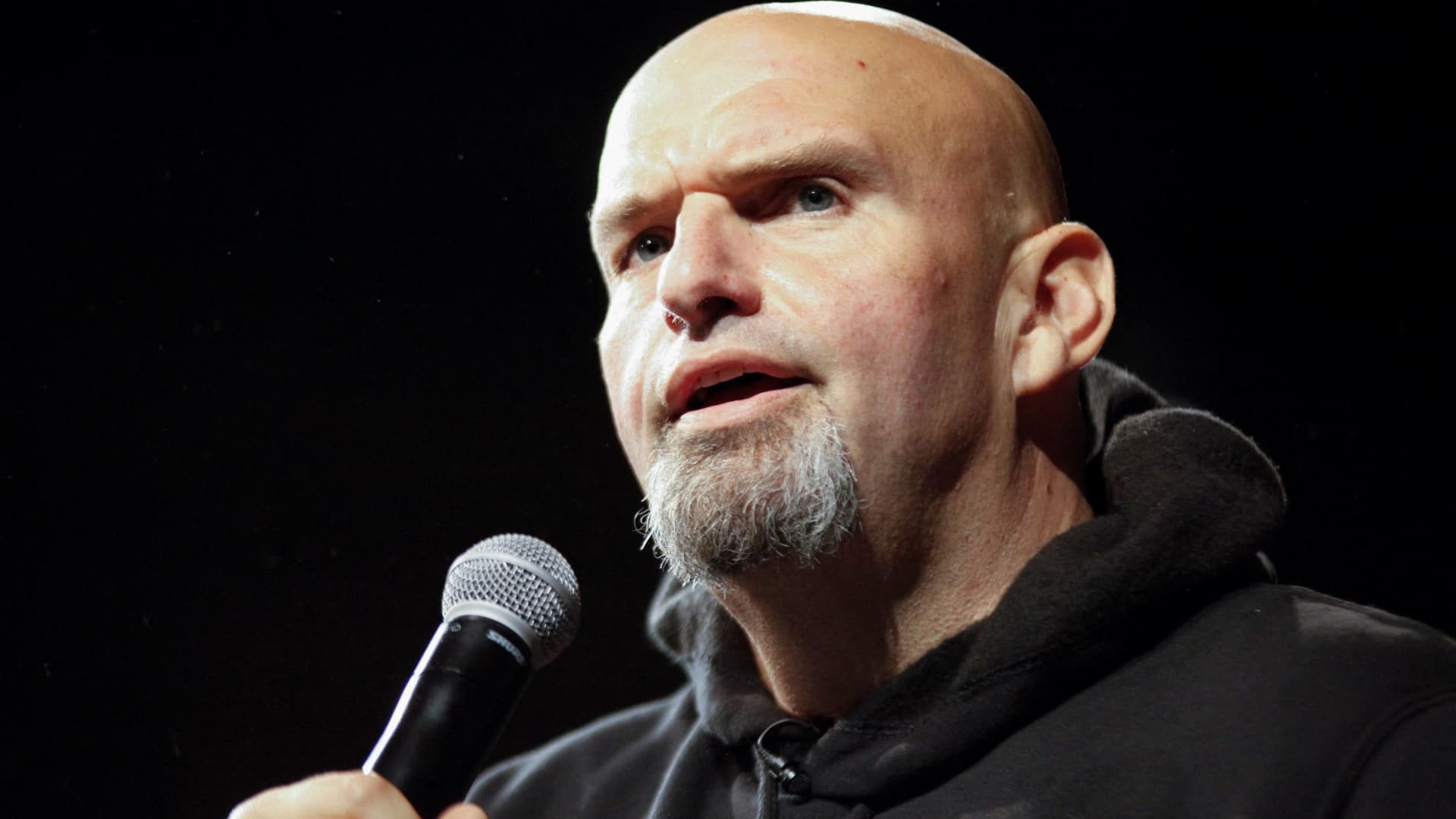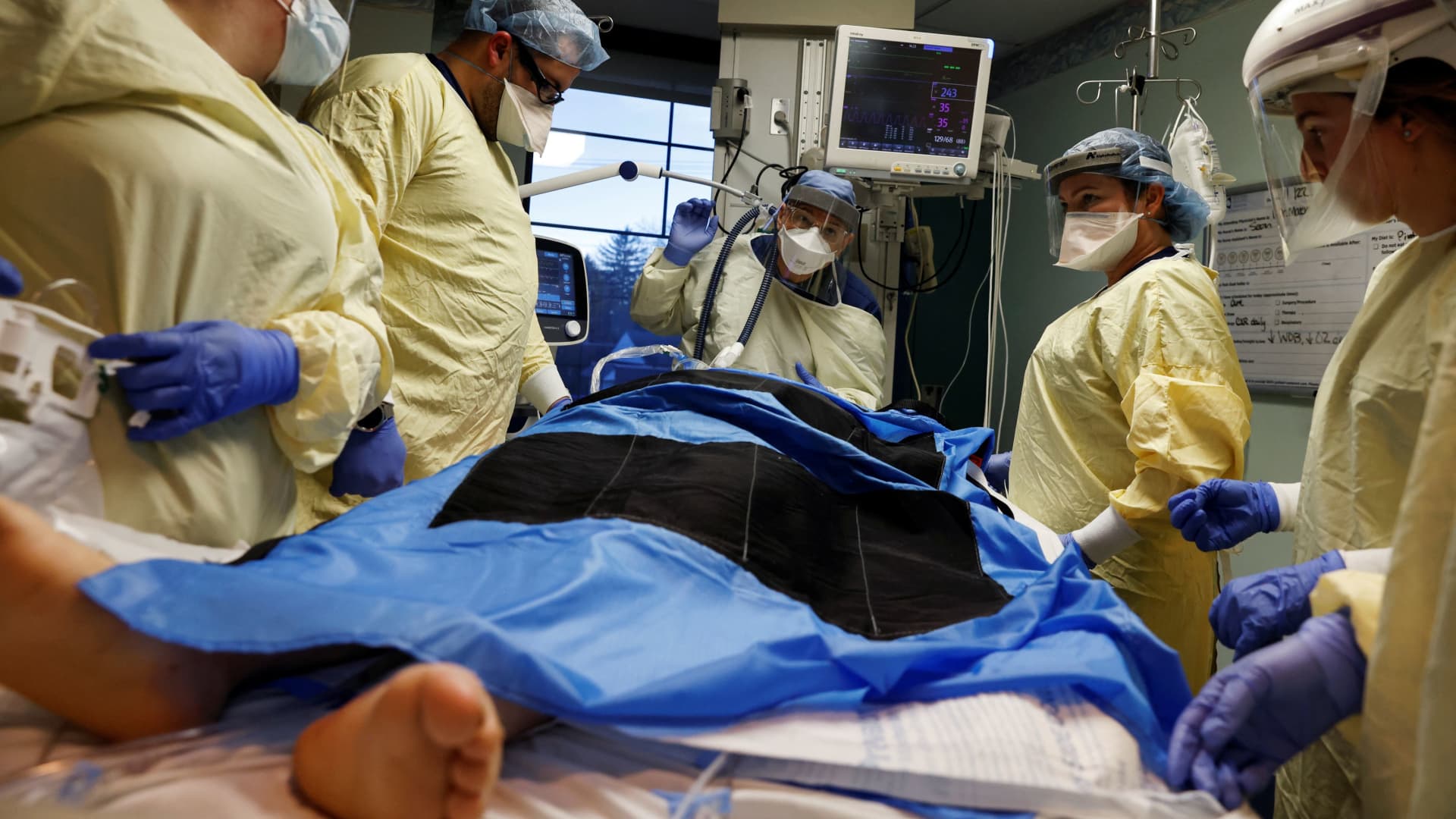US Markets
Tuesday, February 13th, 2024 4:09 pm EDT
Key Points
- Court Ruling and Musk’s Response:
- A Delaware court ordered Tesla to revoke Elon Musk’s $56 billion pay package, criticizing it as the largest in public corporate history and influenced by individuals “beholden to Musk.”
- Musk reacted strongly, expressing disdain for the court and suggesting Tesla relocate its incorporation site to Texas, signaling potential changes in the company’s structure and operations.
- Uncertainty Surrounding Tesla and Shareholders:
- Tesla has yet to notify shareholders of the court ruling through an SEC filing, leaving stakeholders in the dark about the decision’s implications.
- While Musk aims for greater control over Tesla, including a desire for 25% voting control and focus on AI and robotics, the company’s board, including Musk himself, has refrained from public comments, leaving shareholders seeking answers.
- Legal Implications and Potential Outcomes:
- Legal experts anticipate an appeal to the Delaware state Supreme Court, with considerations of how the ruling may affect Musk’s compensation and Tesla’s stock value.
- Should the ruling stand, Musk could lose stock options, impacting Tesla’s share structure, yet his dissatisfaction could prompt him to consider alternative actions.
- Musk’s preference for relocating businesses out of Delaware, particularly evident in Neuralink’s incorporation move to Nevada, raises questions about Tesla’s future and corporate governance, prompting calls for enhanced board independence and transparency.
Two weeks after a Delaware court ruled that Tesla must rescind Elon Musk’s $56 billion pay package, the company’s board remains silent on the implications for shareholders and the future of the CEO. Chancellor Kathaleen McCormick, in her 200-page opinion on Jan. 30, criticized the pay plan as the largest in public corporate history, agreed upon by individuals “beholden to Musk.” Musk’s response included criticism of the court and a call to move Tesla’s incorporation site to Texas, pending a shareholder vote. Despite the ruling, Tesla has not filed with the SEC to notify shareholders. Musk had previously expressed a desire for increased control over Tesla, aiming for 25% voting control and focusing on AI and robotics, separate from his work at Tesla. The compensation case now awaits an “implementing order,” with expectations of an appeal to the Delaware state Supreme Court. The board, including Musk and key members, has refrained from public comments despite inquiries. The ruling’s potential impact on Musk’s compensation involves the return of stock options awarded under the 2018 CEO compensation plan, which could affect Tesla’s stock value. Musk’s preference for moving out of Delaware is evident, with Neuralink’s incorporation relocation to Nevada. If upheld, the ruling could prompt Musk to relocate more businesses to Texas, influencing both personal and corporate decisions. Legal experts weigh in on the case’s implications for Tesla’s governance and vulnerability to lawsuits, emphasizing the need for enhanced board independence and transparency in disclosures to shareholders.
For the full original article on CNBC, please click here: https://www.cnbc.com/2024/02/13/teslas-board-silent-since-elon-musks-56-billion-pay-package-revoked.html




